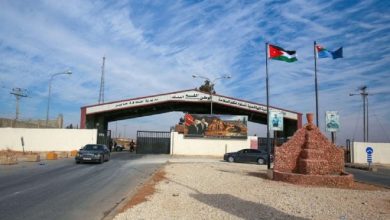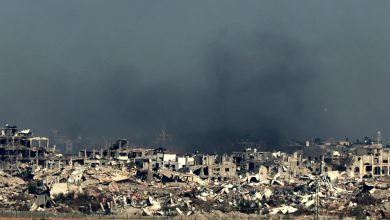Arab American Voters in Focus: Navigating the 2024 Election Amid the Israel-Gaza War
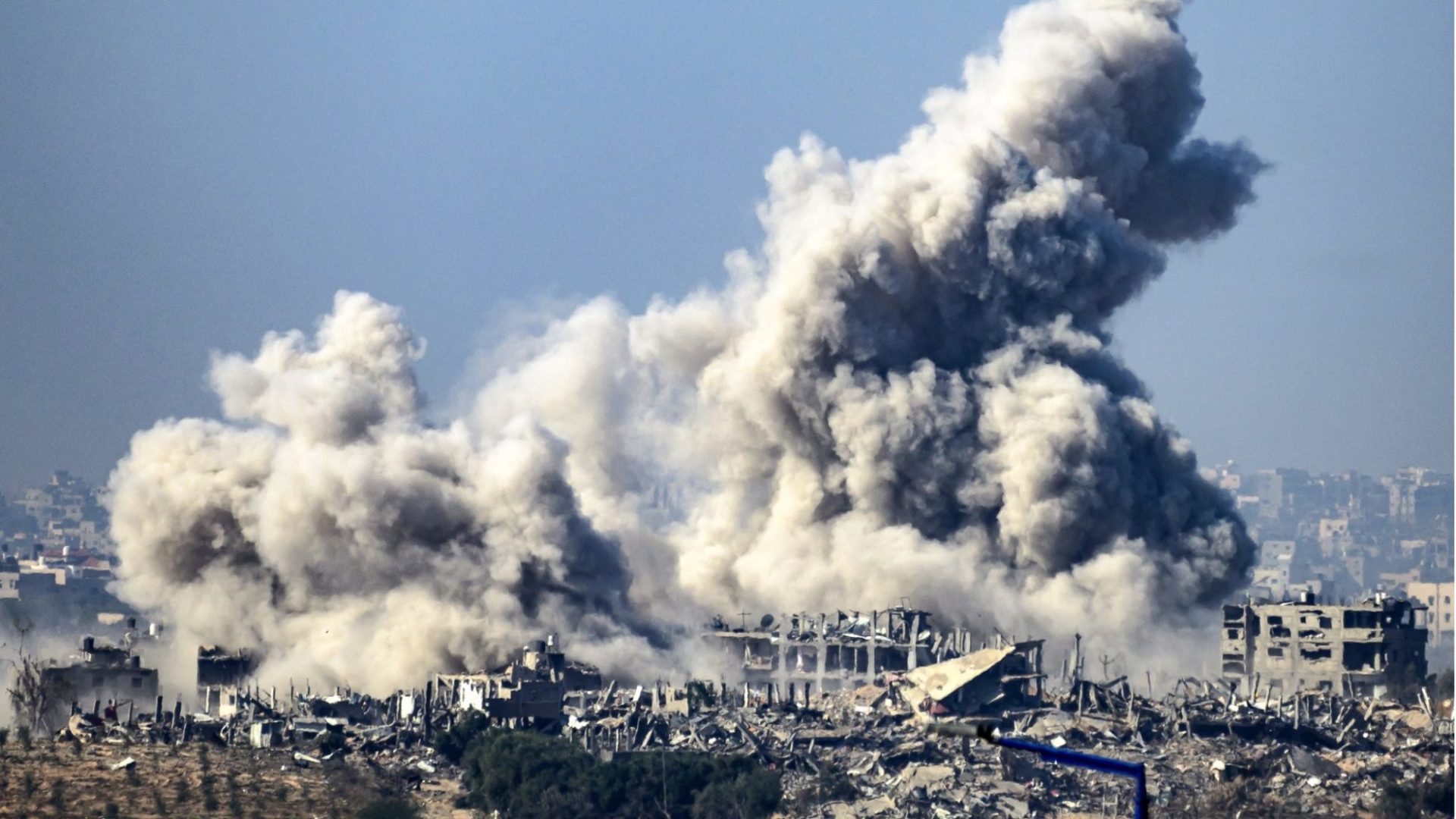
Watan-As the war between Israel and Gaza continues, Arab American voters are paying close attention to this election year.
A small but influential voting bloc has voiced frustration over choosing between Democratic President Joe Biden and his Republican rival, Donald Trump—both of whom have expressed pro-Israel sentiments.
Here’s what you need to know about Arab American voting in this election season:
Number of Arab American Voters
There are an estimated 2.5 million Arab American voters in the United States, but it’s difficult to pinpoint the exact number because the U.S. Census does not survey the “Middle East and North Africa” category every decade.
The 2030 census will include an option for Middle Eastern and North African heritage in the race or ethnicity box, which will help better identify the community within the U.S. population.
The Arab American Institute suggests current estimates are significantly undercounted because the 2020 census relied heavily on written responses or tests in native populations, and the population has grown.
Geographic Distribution of Arab Americans
California has the largest number of Arab Americans, with over 533,000 residents.
At least 392,000 live in Michigan, and about 300,000 reside in New York.
Other significant Arab American populations are found on the East Coast, in the Mid-Atlantic and Northeast states, as well as in Texas and Illinois.
According to the Arab American Institute, 95% of the population lives in urban areas, with significant numbers in New York, Los Angeles, Chicago, Minneapolis, Detroit, and Washington.
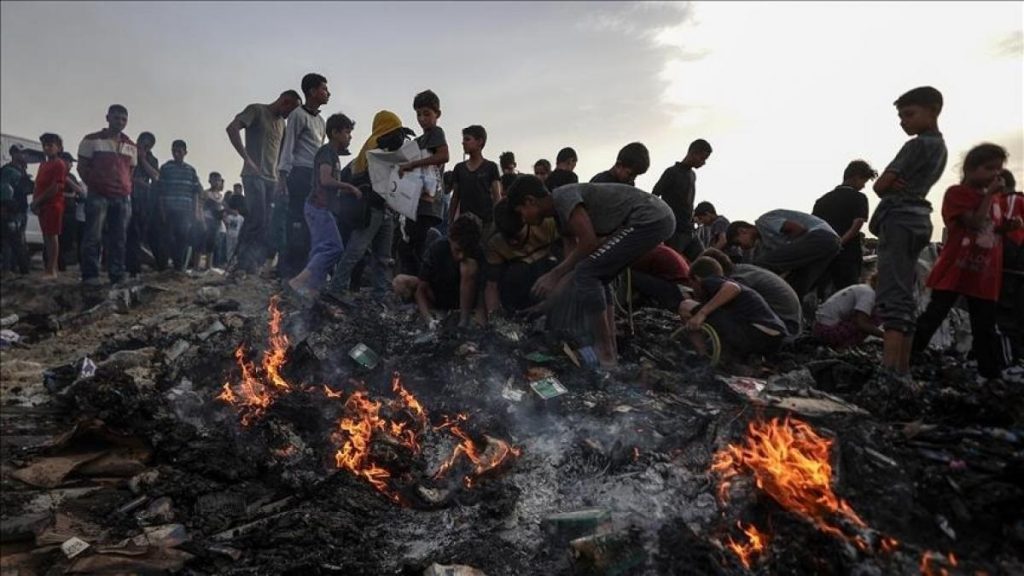
Community Reaction to the Israel-Gaza War
The Arab American community is frustrated with U.S. support for Israel as Israel continues its war in Gaza.
While pledging not to support Biden’s reelection campaign, community members have expressed their anger through protests and speaking out to national leaders and the media.
The White House has held several meetings with Arab American leaders since early October—some controversial, with people walking out or declining invitations.
People in Dearborn, Michigan, often called “America’s Arab capital,” have told Biden he is not welcome in the city.
Feeling unheard amid the conflict, some Palestinian Americans are running for political office.
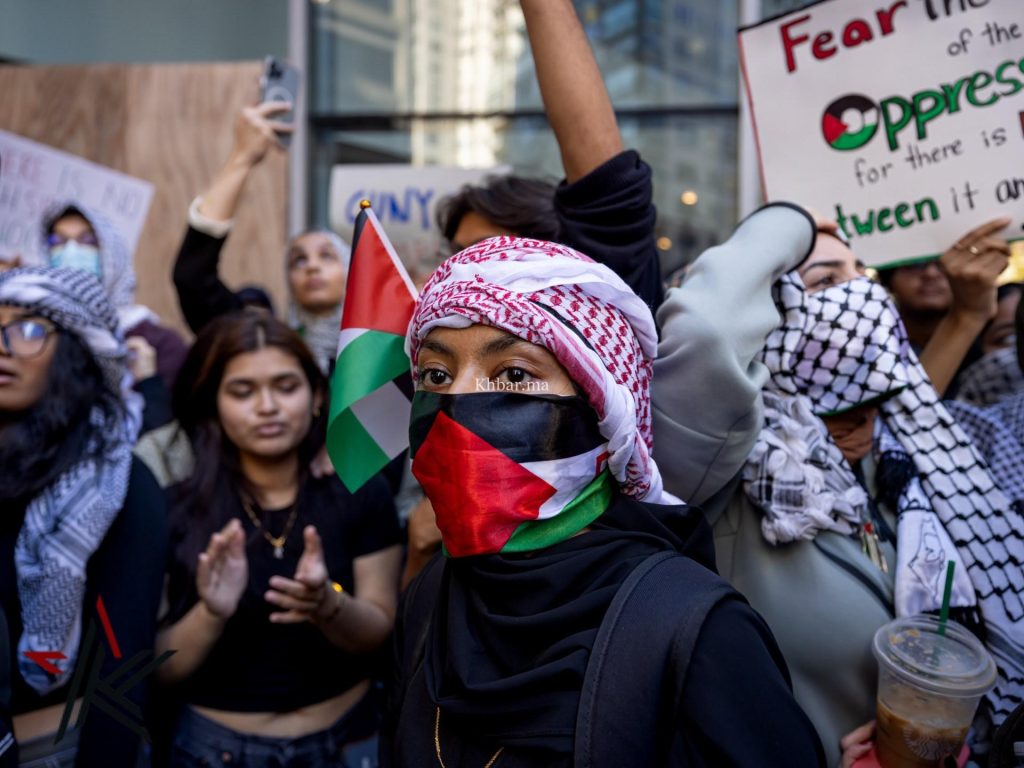
Past Voting Patterns of Arab Americans
Like any community, Arab Americans are not monolithic, though voters tend to lean Democratic.
In an October 2020 Zogby Analytics poll, 59% of Arab American voters said they would vote for Biden, while 35% said they would vote for Trump.
However, this seems to have changed due to the ongoing conflict between Israel and Gaza.
What do Arab Americans think of Biden?
Community support for Biden has declined since October 7, with members disappointed in his stance on Gaza.
An October poll by Zogby Analytics showed only 20% of Arab American voters would support Biden’s reelection in November, compared to about 40% in 2020.
James Zogby, president of the Arab American Institute, wrote, “This is the first time in 26 years of polling Arab Americans that a majority of voters do not say they prefer the Democratic Party.”
Despite being a relatively small voting bloc, Arab Americans in swing states like Florida, Michigan, and Pennsylvania could make a difference in the upcoming election.
The Arab American Institute stated, “If the president, even at this late date, changes his policy significantly on Israel and Gaza, he may regain much of his lost support.”
In separate questions, 60% of Arab Americans said they would be more likely to vote for him in November if he called for an immediate ceasefire and provided unrestricted humanitarian aid to Gaza or froze diplomatic and arms support until Israel implemented a ceasefire and withdrew forces from Gaza.
Arab American Views on Trump

If the war between Israel and Gaza continues into next year, it is unclear how Trump will handle it during the next presidential inauguration.
Like Biden, Trump has expressed strong support for Israel, moving the U.S. Embassy in Israel to Jerusalem during his presidency.
Early in his term, Trump introduced the so-called Muslim ban, preventing citizens of 13 Muslim-majority countries from entering the U.S.
Though only a quarter of Arab Americans are Muslim, the ban heavily impacted community members with families or connections to the countries covered by the executive order.
Trump has vowed to reinstate the ban if reelected in November and said he would not welcome refugees from Gaza to the U.S.
An editorial in Watani stated that Arab Americans “will not be intimidated by Trump’s presidential threats” amid community protests against Biden’s support for Israel.
Recent polls by Zogby Analytics found that support for Trump among the Arab American community stands at around 30%, with many looking to third-party candidates.
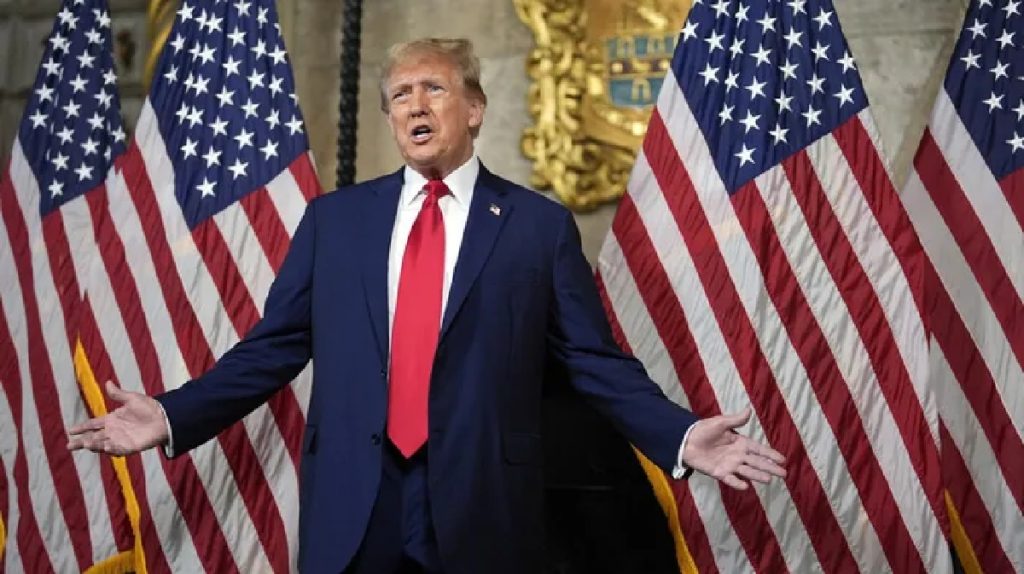
The “Undecided” Movement
This movement includes people voting as “undecided” or leaving their ballots blank during the Democratic primaries to express dissatisfaction—extending beyond the Arab American community.
Over 650,000 Democrats voted against Biden in the first state. In increasingly close elections, every vote counts.
Arab American Politicians on the Elections
Dearborn, Michigan Mayor Abdullah Hammoud condemned Biden’s hopes of rallying Arab American community support as the crisis in Gaza worsened.
After canceling a meeting with Biden’s campaign team, he said, “I won’t discuss elections while watching government-sponsored genocide live on TV. This is not the time for election politics.”
However, Hammoud met with members of Biden’s administration, saying those talks would be more productive than campaign discussions.
In Congress, support for Israel is high even among Arab American politicians: Republican Representatives Garrett Graves and Darrell Issa have voted for bills supporting Israel.
But Palestinian American Representative Rashida Tlaib, a Democrat, has strongly supported the undecided movement in Michigan, which she represents.
Tlaib said undecided voters should turn out on Election Day in November and warned Biden of potentially losing Arab American votes.
“I am incredibly afraid, incredibly afraid of a second Trump term,” she said. “Our democracy is at risk, and I’m asking the president—many of us are saying it—to change course, because you are truly threatening our democracy. Please.”
She also criticized the Biden administration and her congressional colleagues for their negative comments about pro-ceasefire protesters: “We won’t forget November, right?”



